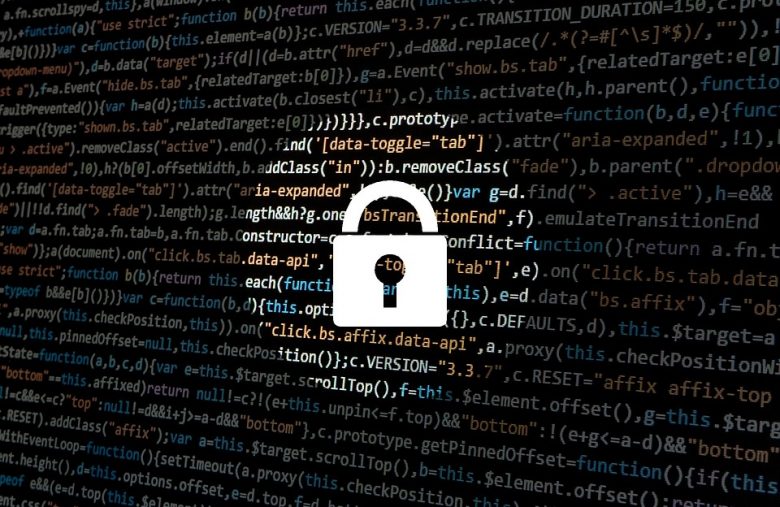How a BBC journalist stupidly lost his 30,000 Dollars in Ether (ETH).
With a beginner’s mistake, BBC reporter Monty Munford recounts how he lost all his savings in crypto by making a mistake you should learn from.
Monty Munford explains that he is not a trader but rather a Sunday investor, he buys cryptos to resell them later for a better price.
The journalist, instead of hiding his mistake that has cost him dearly in the end, preferred instead to tell it so that it serves as an example for others and especially for all the new people who will buy cryptocurrency.
It is very easy to steal Bitcoin, Ether or any other cryptocurrency if anyone can access your crypto wallet.
The best would certainly have been that Monty Munford buys a Ledger Nano X to store its cryptomoney offline and not accessible directly on the internet.
Read our article on how to store and secure your cryptocurrency:
https://bitcoincryptoadvice.com/how-to-store-cryptocurrency
So how did this BBC reporter lose all his savings in Ether?
First, Monty Munford stored his Ethereum on Myetherwallet, a crypto wallet for erc-20 tokens and Ether of course.
Myetherwallet is a very good crypto wallet on the web for erc-20 coins and Ether tokens, provided you secure your passwords and private keys to access your toens in your Myetherwallet wallet.
But the BBC reporter made the mistake of storing his myetherwallet passwords and private keys in a folder on his Gmail account!
A hacker or if the journalist was a victim of phishing or any other person having access to his Gmail email account was able to have access to his passwords and private keys giving access to all his Ether tokens!
The person only had to remove everything and send it to other crypto wallets.
You must store your passwords and private keys in a safe place because once a person has access to your tokens, it’s over!
Store your passwords on an encrypted USB key for example, in multiple copies and in safe places but not on your Gmail account…
The journalist then made an investigation to find out where his Ethers had gone.
His investigation led him to Binance, who did not really do much at first.
The reporter then contacted American CipherBlade bounty hunters who work with the FBI to track criminals.
In the end, all his ethers were spread over many other crypto wallets to scramble the tracks.
The journalist was probably the victim of phishing by email or social network, which allowed hackers to have access to his gmail account or to copy what he was doing on his computer with a keylogger.
You can read his article in English here:
https://www.bbc.com/news/business-49177705
Pay attention to phishing and viruses, do not read suspicious emails or from people you do not know!
Same thing on Facebook, do not accept people you do not know as friends or who are not friends with your friends and especially do not click on the links or images that they could send you, this is where you will be victim of phishing or hacking.
His mistake will serve as an example to people who will discover cryptocurrency or those who have not yet thought to secure their Bitcoins or other cryptocurrency.
Protecting your passwords and private keys is essential if you want to protect and keep your cryptocurrency and Bitcoins.
The lesson to remember is to be careful with your passwords and private keys, store them where no one will have access to them otherwise you will lose all your tokens one day.
Choose a secure external crypto wallet like the Nano Ledger X, read our guide on this topic:
https://bitcoincryptoadvice.com/the-ledger-nano-x-best-crypto-wallet
